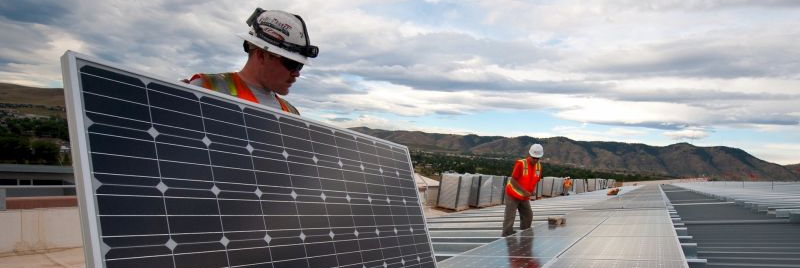How can Germany and Central and Eastern Europe work together for more climate ambition?
With the European Green Deal and the Fit for 55-Package, the EU is planning a major overhaul of its energy and climate legislation. This presents opportunities as well as challenges for greater cooperation between Germany and its neighbours in Central and Eastern Europe (CEE), who have not always seen eye to eye on these issues.

Against this backdrop, CEE Bankwatch Network, Deutsche Umwelthilfe (DUH) and E3G together with the EUKI Academy organised a workshop on 10 June to explore how Germany can work with CEE governments to secure their support for upcoming reforms and initiatives under the European Green Deal. Speakers were Silke Karcher (German Environment Ministry), Sylwia Andralojc-Bodych (Germanwatch), Anelia Stefanova (Bankwatch) and Izabela Zygmunt (WiseEuropa). The event was moderated by Constantin Zerger (DUH).
The discussion made clear that more mutual understanding on the political situation in the respective countries is urgently needed. EU countries embark on the transition towards climate neutrality from very different starting points in terms of their energy systems and economic prosperity. This transition is harder for some member states to achieve than others, it was argued. Panelists agreed that we need an economic transformation that leaves no one behind, and that political compromise will be needed to achieve that. At the same time, it was stressed that there is no alternative to reaching climate neutrality. While some governments perceive climate policy as an obstacle to economic development, it is clear that economies will be disrupted far more by runaway climate change.
Participants heard that Germany, given its geographical location and good relations within Europe, has a special role in mediating between the “old” EU and the new member states that joined the EU during the Eastern enlargements starting in 2004. Panelists argued that CEE countries can learn from German energy policy how to improve long-term planning and build political consensus around a far-reaching policy like the energy transition. At the same time, it was noted that fundamental differences exist on energy issues. Nuclear energy, for instance, is viewed much more favorably in the region than in Germany, and Germany’s support for the Nord Stream 2 pipeline is a major stumbling block to better cooperation. Another common concern is that the German energy transition was financed via household energy bills, although it was pointed that the cost of renewable energy installations has fallen considerably over the last 20 years, alleviating these concerns.

The discussion revealed that greater collaboration in the climate and energy field is particularly promising on concrete projects that benefit both Germany and CEE countries. Examples mentioned include joint renewable energy and grid projects, climate-friendly cross-border mobility infrastructure, research partnerships on energy technologies and initiatives addressing the problems of coal-dependent regions. The establishment of high-level exchange forums, such as permanent ministerial working groups on climate and energy, or joint platforms after the model of the existing German-French Office for the Energy Transition was also seen as promising.
The panelists were concerned the transition to climate neutrality is not happening quickly enough, and that political will to accelerate it is missing. Under current rules, EU funds, which account for a considerable portion of CEE public investment, could be used to support fossil fuel projects which would lead to additional carbon lock-in and higher costs later in the transition. The discussion highlighted concerns in particular that the EU’s post-COVID recovery fund Next Generation EU will be used to support “business as usual”, thereby missing a historic opportunity to invest in the future.
At the same time, panelists stressed that the narrative in CEE countries has changed considerably over the past years. The work of civil society organizations was praised as having contributed to this shift. There is a lot less climate skepticism, especially among the youth, and polls generally indicate higher support for climate policy in the population than is often shown by CEE governments. The necessity of the transition to climate neutrality is not in dispute anymore, only the speed. In addition, surveys show much higher support for the European Union in CEE countries than in old member states like Germany and France, which is significant as the EU is the main driver of climate policy ambition in many countries. It was remarked that these aspects receive too little attention in the media coverage of the respective countries. German media, for instance, tends to paint CEE countries as climate- und Eurosceptic, without portraying these nuances.
Watch the recording of the event below:
